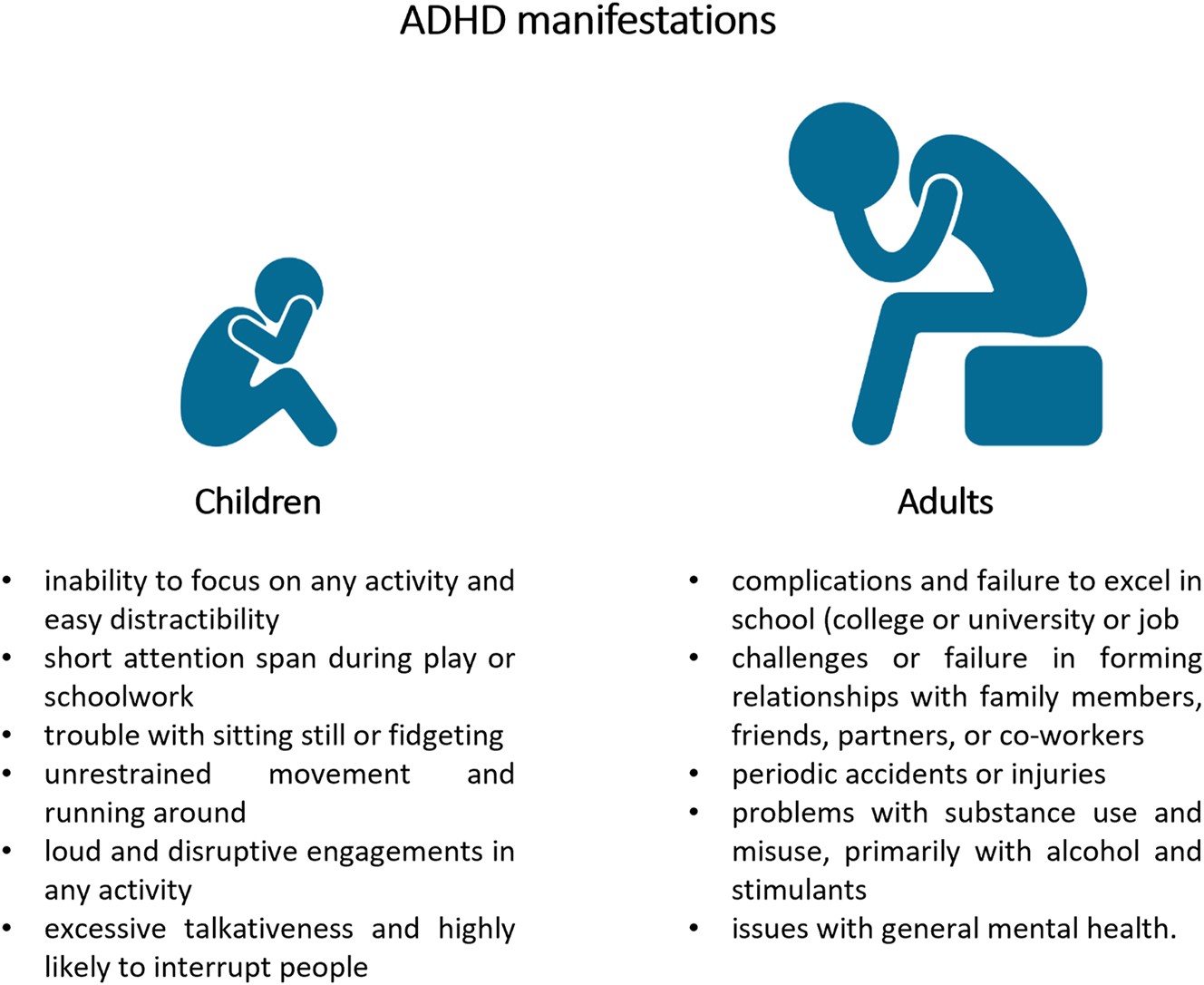
People with attention-deficit/hyperactivity disorder (ADHD) symptoms experience more frequent involuntary memories during their daily lives, according to new research published in the British Journal of Psychology. These unexpected recollections tend to be less positive and more repetitive compared to those without ADHD traits.
The groundbreaking study, led by researchers examining the relationship between ADHD and spontaneous remembering, combined laboratory testing with real-world diary tracking to understand how memory patterns differ between individuals.
While controlled lab experiments showed no notable differences, the diary-based portion of the research revealed striking results. Participants who scored within the ADHD range documented nearly twice as many spontaneous memories over a 48-hour period compared to those without ADHD symptoms.
"The laboratory setting may not capture the true nature of how memories surface in everyday life," explains lead researcher John H. Mace. "Real-world environments appear to trigger more unplanned recollections in people with ADHD traits."
The study involved two phases. In the first phase, 453 undergraduate students completed ADHD assessment questionnaires and participated in controlled memory tasks. The second phase had 116 participants maintain detailed diaries of their spontaneous memories for two days.
Beyond frequency differences, the research uncovered that individuals with ADHD symptoms rated their involuntary memories as less emotionally positive. This finding remained consistent across both the laboratory and diary portions of the study.
While the research shows a clear connection between ADHD traits and increased spontaneous memories, the exact mechanisms behind this relationship remain unclear. The study authors recommend further investigation into how attention and memory interact in individuals with attentional challenges.
This research provides valuable insights into the daily cognitive experiences of people with ADHD symptoms. Understanding these patterns could help develop better support strategies for individuals managing attention-related conditions.
The findings open new avenues for exploring how memory processes differ in neurodivergent individuals. Future studies may examine longer time periods and investigate the underlying causes of these memory pattern variations.